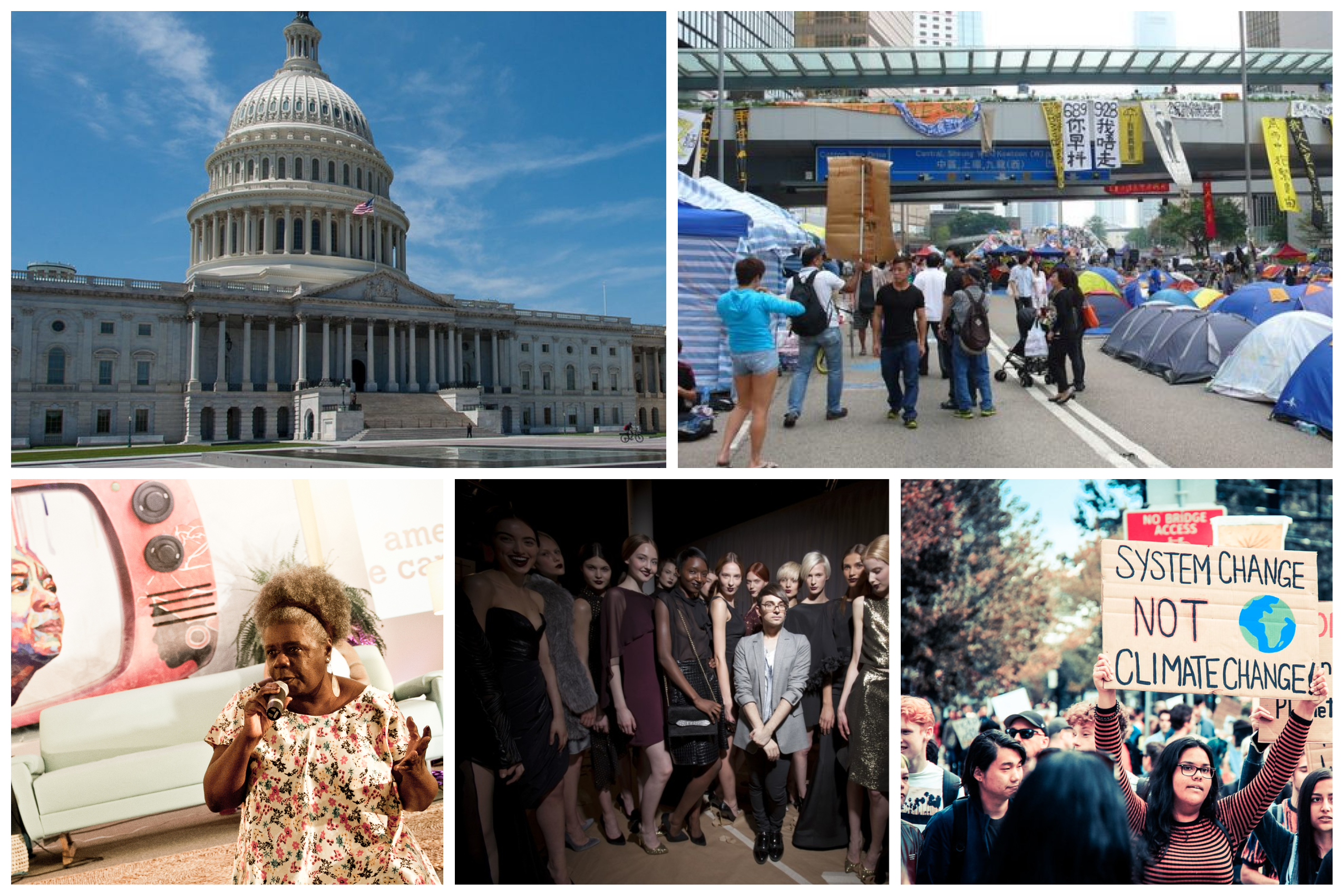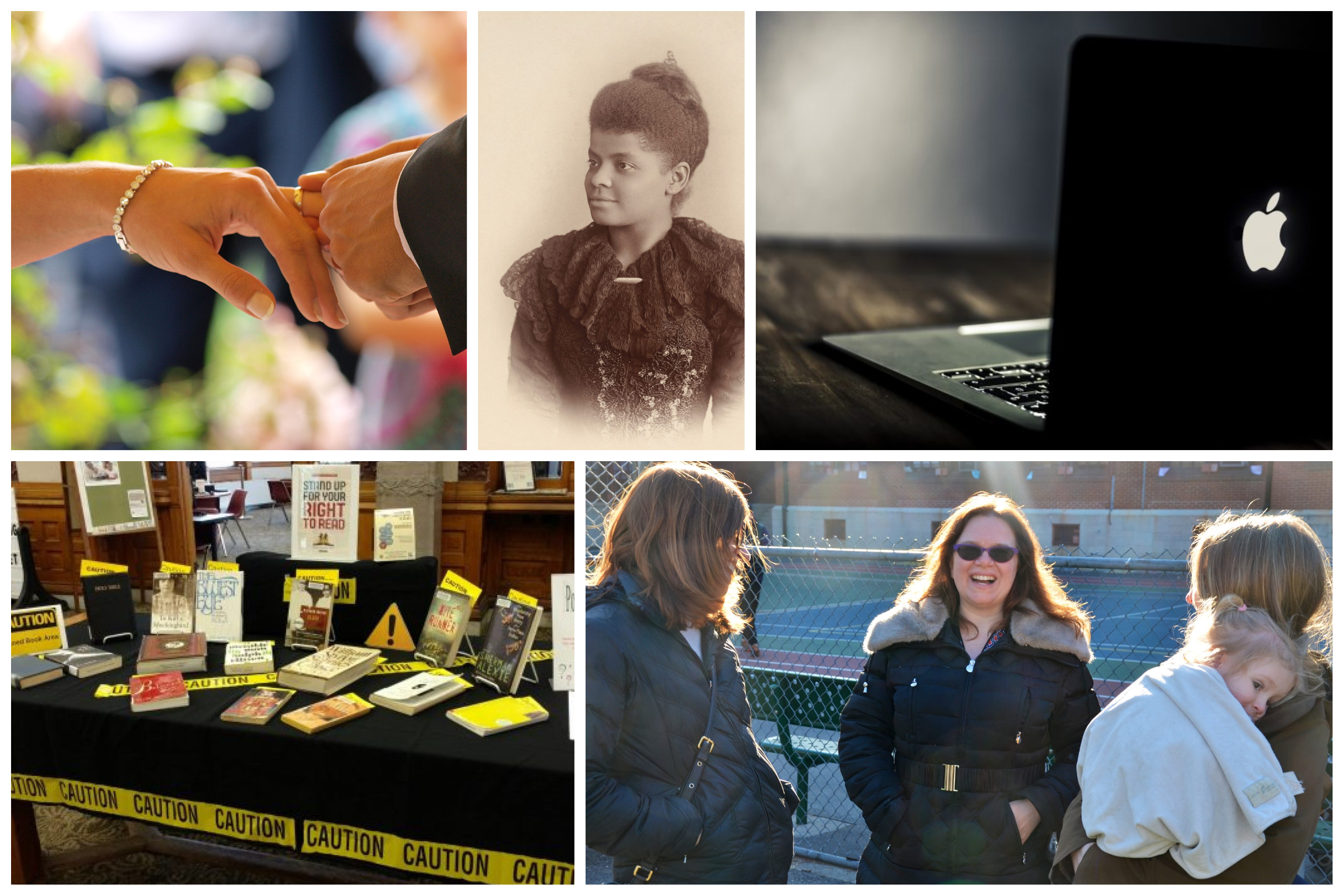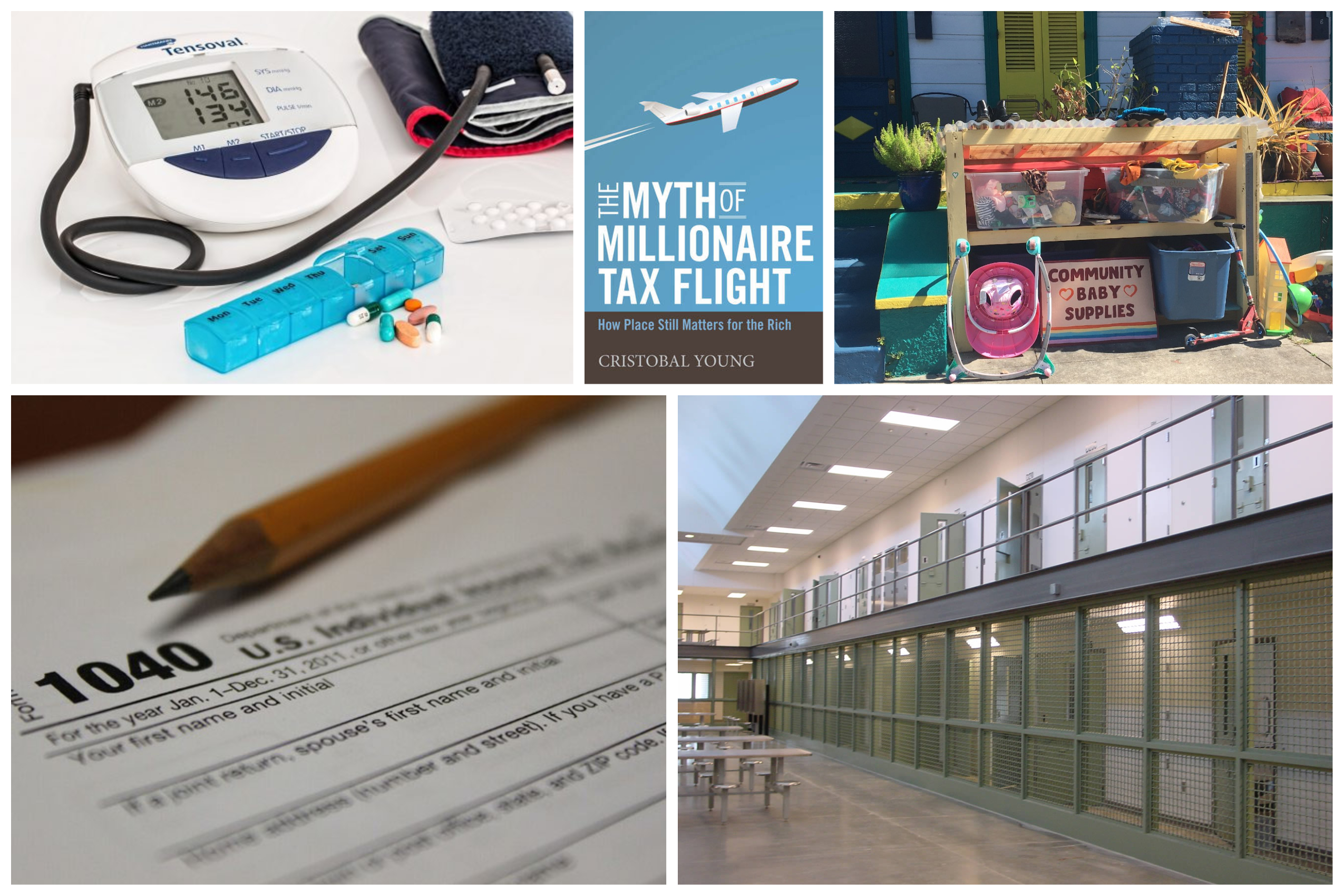
New & Noteworthy
Millennial mothers are spending less time in the workforce and more time on housework and childcare when compared to Generation X and Baby Boomer mothers. Read our latest Special Feature by Brendan Churchill, Leah Ruppanner, and Sabino Kornrich to learn more.
Citings and Sightings
As the United States continues to grapple with labor shortages today, Smithsonian Magazine recently highlighted the photography of sociologist Lewis Hine and his thousands of photos of children’s working conditions in the 1900s. Click here to read more and view dozens of pictures of child labor in the 1900s.
Backstage with TSP
Summer is heating up! We have a number of projects nearing completion and coming soon to a computer/phone/or device near you. You may have also noticed that I am not Mahala. As Mahala passes the TSP torch to me this summer (Jake), I want to say a quick thank you and tribute to the years of guidance, commitment, and leadership Mahala has provided the TSP board. Thank you Mahala!
More from our Partner and Community Pages
College students returning home during COVID-19 faced the challenge of living through a pandemic, while simultaneously adjusting (or not) back to their parents’ authority, writes Elena van Stee of partner Contexts’ blog.
The impacts of wrongfully imprisoning an innocent person go far beyond just the person, the friends, family, and community are also robbed of time with their loved one, Janani Umamaheswar writes in Council on Contemporary Families’ blog.









